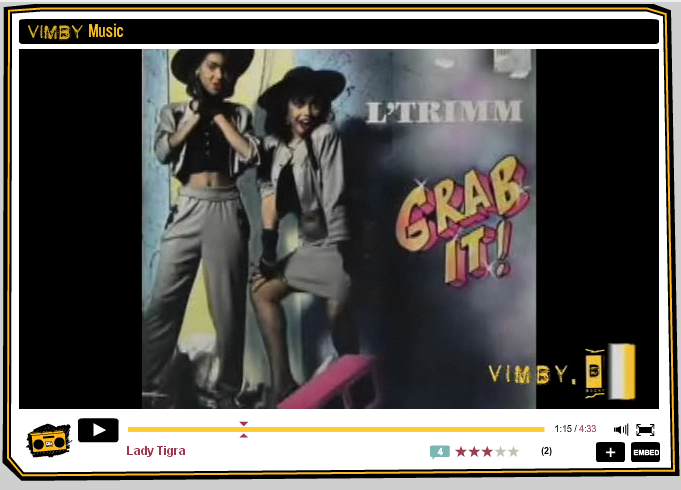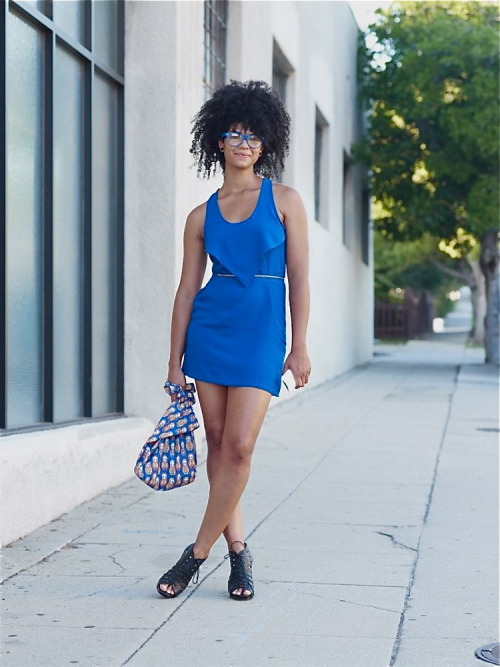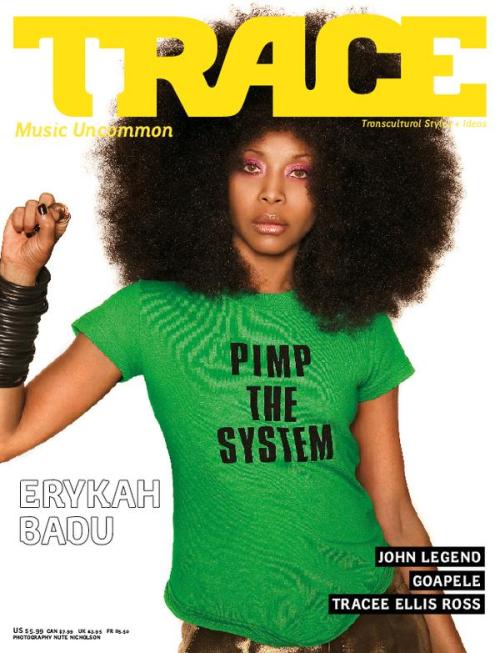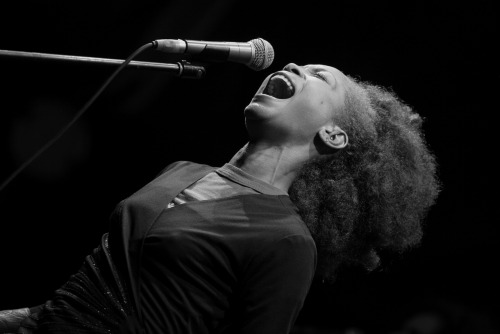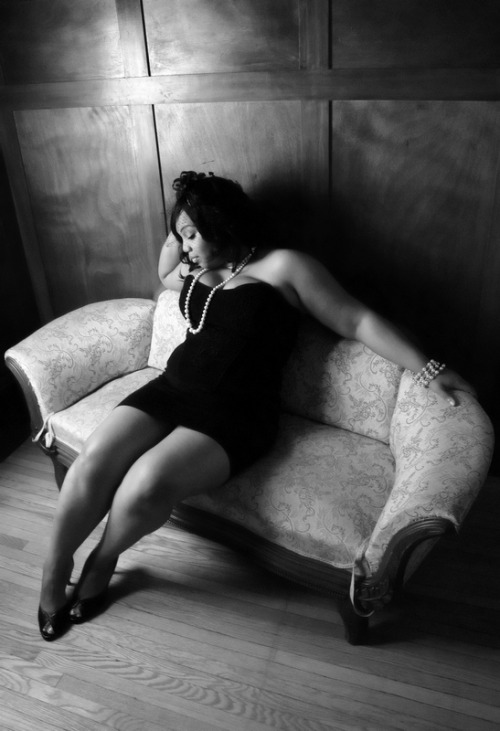hi there!
this is my call for submissions to the second volume of revolutionary motherhood: outlaw midwives zine. i am really excited about this project. and i hope that all of you are able to participate. i am envisioning this as a guide for birth workers and mothers, especially working class and mothers of color, on conception, pregnancy, birth, and the baby year. for us by us.
i am looking for everything from a couple of practical tips in a couple of sentences, to stories, to drawings and photos, lists, and more…
outlaw midwives zine
focusing on pregnancy, birth, and the baby year
for and by: mothers, friends and allies of mothers, doulas, midwives, birthworkers, childbirth educators, childbirth advocates,
intention: to create a practical zine guide for pregnancy, birth, and the first year of motherhood centering the lives of working class, marginalized mothers and birthworkers.
check out the outlaw midwives manifesta and website: http://outlawmidwife.wordpress.com/
outlaw midwives: creating revolutionary communities of love
some suggestions for topics on which you can submit…but these are just suggestions…
conception. suggestions for those trying to conceive. and for not conceiving.
pregnancy. tips for the first, second, third trimester. relationship with doctors, clinic, midwives, family, friends, etc. what advice would you give a woman who is having an unassisted pregnancy (a pregancy that does not involve professional medical folk or midwives…) what should a woman be looking out for to know if something is 'wrong' during her pregnancy?
birth. stories and advice for unassisted birth (birth without medical folk or midwives). homebirth, hospital births. what are the social, economic, legal consequences and limitations for marginalized mothers to make choices about how, when and where they will give birth. what to do with the placenta?
what was your personal experience/story of birth? pregnancy, the baby year?
what did you learn/are you learning from the baby year?
what would you want to tell a soon to be mother about pregnancy, birth, and early motherhood? or write a letter to your pre-mother or pre-pregnant self about what you should expect. what didnt you expect to happen/learn/experience in pregnancy, birth, the baby year? write a letter to you daughter and/or son about what you learned/want to pass on about pregnancy, birth, baby year.
what do you wish someone had told you about early motherhood and/or being a birth worker?
what do you wish you could have said to someone, but didnt?
what is your vision/ideal of how pregnancy, birth, baby year could be?
what has been most difficult for you?
how have you navigated through the systems of welfare, prrotective child services, hospitals, etc?
what family/traditional wisdom did you receive about pregnancy, birth, breastfeeding?
breastfeeding vs. bottle. what are the social and economic influences and consequences of the choice to breastfeed or bottle feed?
why did you become a birth worker? what has been the highlights of the experience? what have been the difficulties?
practical tips for a birth worker, doula, midwife, and birth partners.
herbs, physical exercises, nutrition, rest, employment, healing, reading suggestions, breathing, difficult conversations,
photos, drawings, visual art
poems, essays, fiction and non-fiction
tips, suggestions, lists of resources
keep it simple
deadline february 14, 2010
send submissions to primitivedragonfly@yahoo.com
or leave it in the comment box below
please this pass this on to whomever you think would be interested…
peace and love
mai'a






.jpg)
